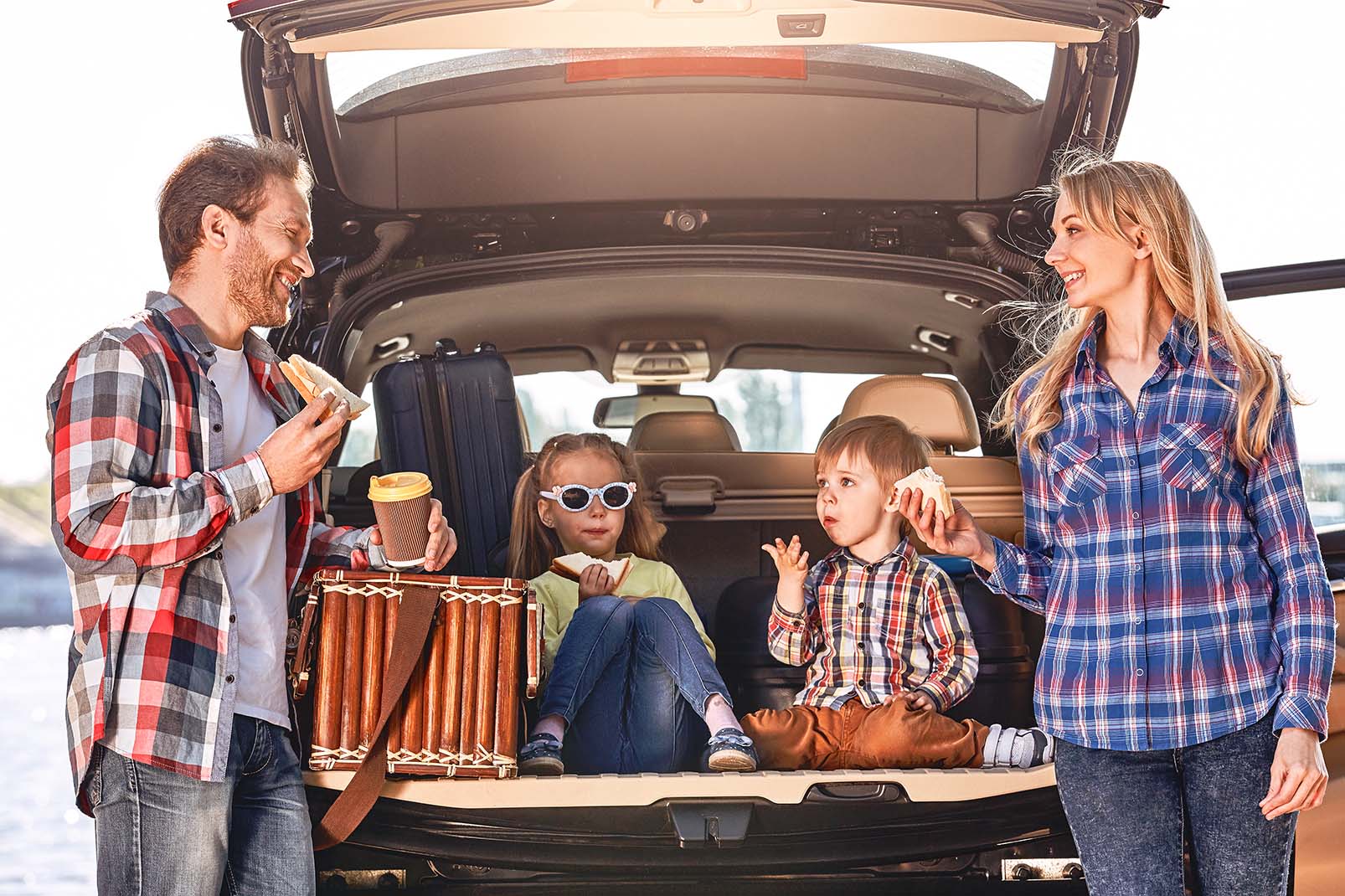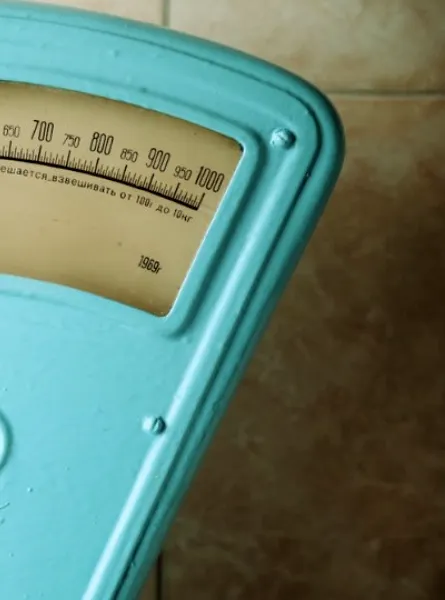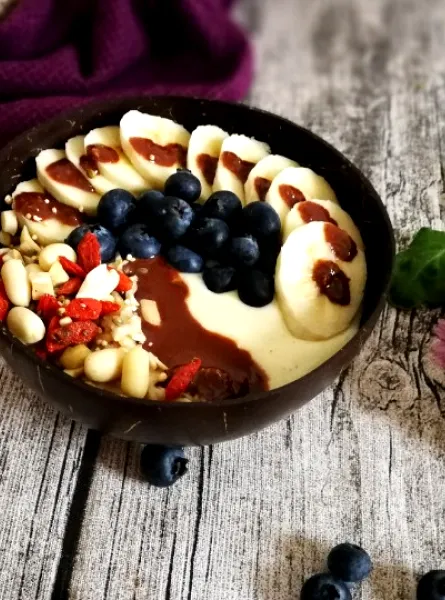
Whether it's for a summer roadtrip or for work, eating on the road can be harder than you think. So how do you eat well and in an organized way when you're constantly on the go and far from home? Here are 5 dietitian tips on how to do it!
1. Planning, Planning and (Again) Planning
It's no secret that optimal meal planning when you're on the road is essential to ensure that you eat enough (!!) and to avoid unpleasant surprises (like having a ravenous appetite and no restaurants in sight!). Here are some tips to better plan your meals on the road:
- Make a list of meals that you will eat when you’re on the road write down what you plan to eat (example: Saturday lunch - chicken sandwich + cheese + raw vegetables + juice, Saturday dinner - restaurant)
- Choose foods that are easy to carry (raw vegetables put in a lunch box beforehand, nuts, fruits purees, etc.). The snack formats sold at the grocery store can be a good option for a certain cost. Otherwise, it is possible to portion these items yourself (fruits purees, yogurt, raw vegetables, etc.) to save money!
- Prepare in advance (example: make a sandwich or a salad before leaving to avoid having to play the cook in the car!)
2. Give Yourself Permission
When you're on the road, you may deviate a little from your regular eating habits. If this is the case, remember that this is perfectly normal and that you shouldn't feel guilty about eating differently. After all, the important thing is to fill up on energy while on the go!
3. Rely On Your Individual Tolerance
Have you ever heard that it's not a good idea to try new sports supplements (like carbohydrate gels) on competition days to avoid unwanted gastrointestinal symptoms associated with the newness? When you're on the road, it's kind of the same thing. This is not really the time to try new foods since access to the bathroom (!!) may be limited. Favoring foods that we feel good about and that we are used to eating is recommended.
4. Focus On Your Satiety
In order to consume foods that will provide you with enough energy and that will fill you up until the next meal, 2 nutrients should be encouraged: fibers and proteins. Fibers slow down the absorption of other carbohydrates during a meal and take up more space in the stomach. This allows you to feel fuller for longer. As for proteins, their slower digestion also allows you to feel full and to fill up until the next meal. Some ideas for portable healthy snacks:
- Trio of tuna spreads + crackers
- Sweet and savoury low-FODMAP chili trail mix
- Lentil and chickpea hummus with roasted peppers + whole wheat baguette
- Teff granola bars + cheese curds
5. What About the Restaurant?
On the road, restaurants are likely to be used as a quick and easy option to refuel. However, for some people, eating out can be a source of stress, as it often means deviating from our usual eating habits. But don't panic! Giving yourself permission to be flexible with what you put on your plate is essential. Even so, here are a few tips for eating out on the road:
- Focus on familiar foods. Again, this is not the time to test the tolerance of our intestine when we are on the road!
- Respect your hunger. Eating too much could lead to discomfort and not eating enough could, on the other hand, not provide us with enough energy and make us feel bad (not very pleasant for our roadtrip partner!).
- Do not arrive on an empty stomach. On the road, it's better to eat small, frequent meals than to wait until you're starving to eat.
- Question the menu and dare to make substitutions. This allows you to eat what you really want, while making wise choices.
When you are frequently on the road or have an atypical work schedule, it can be interesting to consult a registered dietitian in order to find strategies adapted to your lifestyle! Don't hesitate to consult if you think it is necessary.





